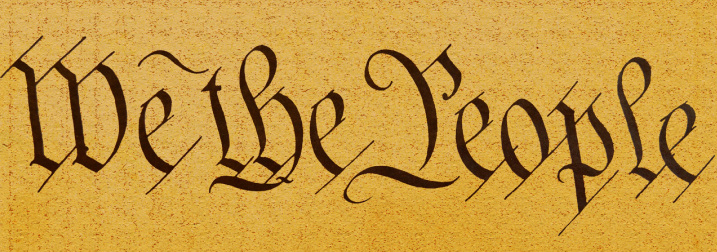
In a society of over 300 million people efficiencies are needed, and representative democracy is how we choose to provide efficiency in the development and administration of governmental public policy. Other societies are organized differently but all governmental systems, whether democracy, monarchy or autocracy are presumably instituted to provide some level of efficiency. Which organizational system works best is a matter still open for debate.
Representative democracy can work fairly well, but unfortunately tends to reinforce the illusion that elected officials are “the boss.” From the elected officials’ side that illusion is buttressed by “pomp and ceremony,” media attention, holding forth at meetings from a raised dais while wielding a gavel, knowing that decisions will have the force of law, and the ordinary distortions of human ego. From the public’s side, the illusion is reinforced by Rules of Order, secrecy, complicated legislation, limited access to the media, intimidation, fear of reprisal, and the humiliation of being forced to play “beat the clock” while providing three minutes of “public input.”
The roots of public service through elected office can be noble; those who are up to the challenge are put through a campaign obstacle course, criticism, fawning, lobbying, boring agendas, endless meetings and media scrutiny. It takes fortitude to step up and assume elected office. Some think success requires a thick skin, but this just builds a barrier behind which to hide; the illusion of being “the boss” grows stronger as the mentality of “us and them” takes hold.
The term “public servant” is sometimes used, and this is closer to the truth, for in our democracy citizens are “the boss.” Admittedly, many citizens have lost confidence in this, fallen prey to the opposite belief and retreated behind a barrier of justifications about being helpless. Their courage gone, cynicism and hopelessness growing, their stilled voices reinforce the grandiose illusions of the elected. “Hey,” we’re told, “you can’t fight City Hall.”
In ancient times kings served for just one year. Unfortunately for them, at the end of their term of office they were literally sacrificed in elaborate renewal ceremonies and replaced with a successor. Society has generally evolved, and the bloody sacrifice of leaders no longer happens, mostly. That said, the public seems to enjoy the periodic ritual humiliation of its leaders, and has substituted it for sacrifice…barely. At work beneath such enjoyed humiliation, however, is deeply buried public shame and anger in response to feelings of helplessness and cowardice, the result of getting lost in the illusion of who’s boss. The illusion is very powerful, and the corresponding psychological and institutional barriers erected to overcome it are equally so.
All systems naturally create structures that are self-reinforcing, and when issues of power are involved, systems can easily become oppressive. In autocracies, the violent overthrow of the government often results, ending in chaos and bloodshed. In democracies, however, elected officials serve at the will of the public; when officials forget this and think they are the boss they behave badly, disregard the public health and welfare, and resort to self-serving behavior.
Representative democracy is not a form of temporary royalty, despite illusions. A good society requires those elected to fully surrender to the fact the public does not work for them but that they work for the public and to act and think accordingly. Either that, or we “toss da’ bums out.”